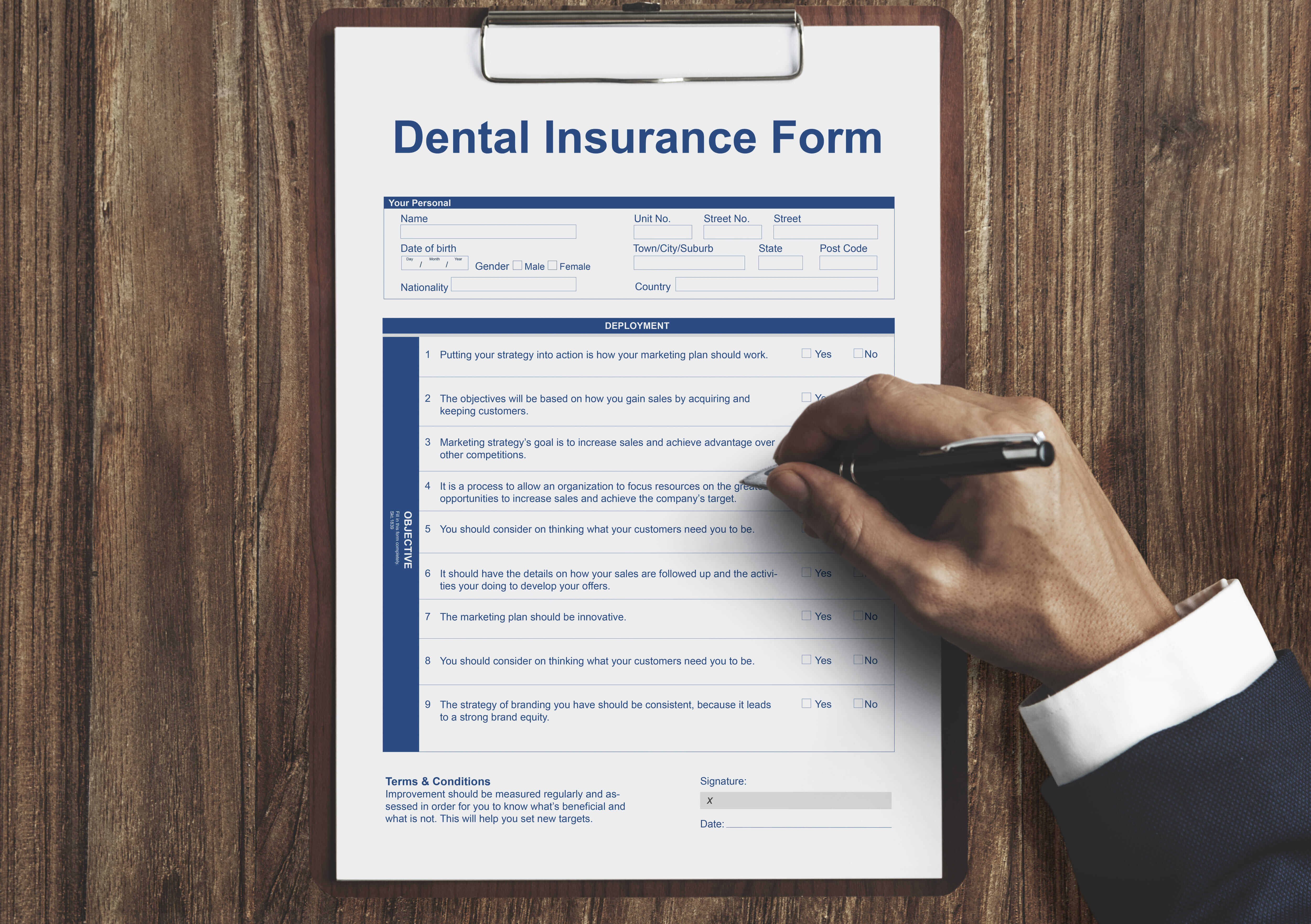Customer Lifetime Value Analysis for Dental Patients

Dental practices rely heavily on repeat business to sustain their practice and grow their patient base. However, acquiring first-time patients is just the beginning of the process. The real challenge lies in retaining those patients and getting them to come back for regular checkups and procedures. By prioritizing the development of a positive customer experience and building strong relationships with customers, businesses can establish customer loyalty and secure success in the long run. Customer lifetime value analysis for dental patients is all about calculating what a patient provides in revenue and value to your organization so you can make more educated decisions on expenses to attract and maintain clientele.
The Importance of Repeat Dental Patients
Dental practices with a loyal patient base benefit from consistent revenue and a steady stream of referrals. These patients are more likely to schedule regular check-ups and follow through with recommended treatments, leading to better oral health outcomes. Moreover, loyal patients can become advocates for the practice, sharing positive experiences with friends and family and helping to attract new patients.
• Increased Revenue: Repeat patients generate a consistent stream of revenue for a dental practice
• Positive Word-Of-Mouth Referrals: Loyal patients are more likely to recommend their dental practice to friends and family members
• Increased treatment acceptance: Patients who trust their dental practitioner are more likely to accept recommended treatments
• Improved patient satisfaction: When patients have a positive experience with their dental practice, they are more likely to be satisfied and return for future appointments
Factors That Influence Repeat Visits
While there are many strategies that dental practices can use to encourage repeat business, there are also a variety of factors that can influence whether a patient will return or not. Factors that influence patient loyalty include:
Quality of care
Patients are more likely to return to a dental practice if they receive high-quality care. This includes everything from accurate diagnoses to pain-free procedures and attentive aftercare.
Communication
Effective communication between dental practitioners and patients is essential for building trust and ensuring patient satisfaction. This includes clear explanations of procedures, treatment options, and aftercare instructions.
Convenience
Patients are more likely to return if they find it easy to schedule appointments, get reminders, and receive prompt responses to their inquiries. Dental practices that offer flexible scheduling options, online appointment booking, and dental patient consumer financing options can help to improve patient satisfaction and retention.
Patient Experience
Patients are more likely to return to a dental practice if they have a positive experience. This includes factors such as a comfortable and welcoming office environment, convenient scheduling options, and friendly staff.
The Role of Customer Service
The role of customer service in encouraging repeat business cannot be overstated. A dental practice with excellent customer service can build strong relationships with patients, making them more likely to return for future appointments and recommend the practice to others. Effective customer service includes everything from greeting patients with a friendly smile to offering personalized treatment options and follow-up care. By prioritizing customer service and creating a welcoming and comfortable environment, dental practices can foster loyalty among patients and ensure that they return for future appointments.
Strategies to Encourage Patient Return

Reminders and Follow-Up: Dental practices can use various methods, such as phone calls, emails, or text messages, to remind patients of upcoming appointments and follow up after the appointment to ensure their satisfaction with the care received. This can help to increase patient engagement and encourage them to return for future visits.
Personalized Care: Dental practices can provide personalized care by tailoring treatment plans to the unique needs of each patient. This can help patients feel valued and understood, which can increase their satisfaction with the care received and encourage them to return for future appointments.
Communication: Dental practices can improve communication by listening to patient concerns, answering their questions, and providing clear and easy-to-understand information about their treatment options. Effective communication can help to build trust and confidence, which can encourage patients to return for future appointments.
Patient Education: Dental practices can provide patient education through various channels, such as brochures, videos, or online resources. This can help patients understand the importance of regular dental visits and how to maintain good oral health between visits, which can encourage them to return for future appointments.

Summary: Customer Lifetime Value Analysis for Dental Patients
The key to encouraging repeat business in a dental practice is to understand the importance of loyal patients, identify the factors that influence patient loyalty, and implement strategies to incentivize patients to return. Factors such as the quality of care, communication, and overall patient experience play a crucial role in whether a patient will return for future appointments. To encourage repeat business, dental practices can offer personalized discounts and incentives, send out regular newsletters and emails, create a loyalty program, and host events to engage customers and build a sense of community. Additionally, prioritizing customer service is essential to building strong relationships with patients and encouraging them to return for future appointments.

















